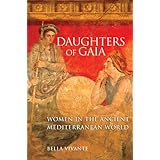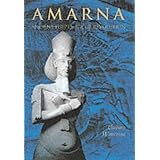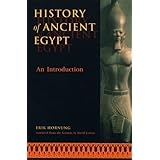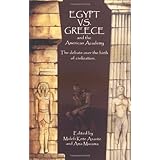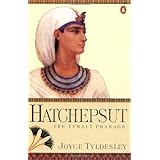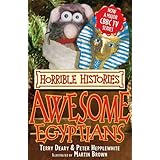
Average Reviews:

(More customer reviews)The over-riding theme of Manly P. Hall's book is that the most basic secret teaching is that one should overcome your animal, lower, inferior nature of lust, hatred, and greed and become more spiritual, realizing that this world is an illusion, which isn't your true home, and your body is not your true self. By following the golden rule instead of the rule of gold, one can become enlightened enough to avoid ever having to come back to this awful world again. Wisdom is to be valued more than gold. If you do not attain such spiritual wisdom, you are doomed to repeat your experiences by reincarnating or you may experience hell or purgatory, according to some faith traditions.
Hall criticizes modern times as being too materialistic. The more you focus on earthly desires, the more you become bound to it, the more misery you shall suffer here and after death. You should follow the urges of your higher self, the spirit and soul, which operate above you in the heavenly realms as your body stays upon on this earth while you learn your lessons.
But as far as lust goes, Hall does not recommend that everyone become celibate, since if you are not particularly enlightened it would not be appropriate for you and may lead to neurosis.
Hall goes over the symbolism of many esoteric traditions in this mostly interesting, but sometimes boring book. This is a big, long, thick book that is crammed with so much information it's hard to remember it all. A lot of the explanations of symbols gets tedious after awhile and I asked the question occasionally, "Why should this be important to me?" Especially dense was the sections on the Kabala symbolism. Hall also goes over Biblical symbolism as allegorical true, not literally true, and it is based on earlier pagan traditions.
I liked the sections on black magic versus white magic and the life of Doctor Faust, who Hall claims was a real person. Hall warns us never to get involved with black magic and make pacts with evil spirits for our own temporal and selfish gain since we will be doomed to serve the spirit for eternity once we break one of the conditions of the contract as Faust did. Such evil comes from selfishness, the source of all evil. Hall is even cautions us against hypnosis and calls high pressure salesmanship a form of black magic. He says that mediums that pretend to be speaking to dead loved ones are actually elemental spirits acting like dead loved ones. It is not good to dabble in black magic just out of curiosity. I was surprised he sounded so much like a fundamentalist preacher on this topic.
White magic, however, seems to be okay with him and he has a section in which one is shown how magic can be used by invoking Christ's name and giving him the glory, using it for the expansion of your wisdom, not the fulfillment of your selfish desires.
Hall gets into the question of who really wrote Shakespeare's plays. Shakespeare himself really did not have the educational background to be able write the plays that had so many erudite references. Hall shows us that Francis Bacon was the one who wrote the plays and the various ways that he gave clues that he actually did write them. Francis Bacon was also a freemason who had the knowledge of how to conceal information through cryptograms, which are contained in his writings.
The book covers a myriad of esoteric topics and persuades the reader to take seriously the phenomena of alchemy, the Delphic oracles, and the mysterious Saint Germaine, among other things. The freemasonic origins of the United States is covered some also.
Alchemy is the process of turning base metals into gold. Metaphysically, humans are also attempting over several lifetimes to eliminate their base natures and turn to the golden light of virtue. That is what alchemy allegorically represents. Hall gives of us some examples in history in which alchemy was said to have actually occurred.
The French and American Revolutions were inspired by the freemasons. This occult group wanted to get rid of the tyranny of monarchy, the ignorance of the general populace, and the superstitions of the church. By electing a philosophical elect, the people would be well served by their governments (in theory). The original seal of the US might actually be the occult symbol of the phoenix, instead of the eagle. The French Revolution was not as successful for the freemasons since a violent reign of terror ensued, perpetrated by fanatics.
Why is the occult kept hidden from the general populace? It is hidden because of the prejudice against certain occult teachings that people aren't ready to accept. The powerful status quo is also threatened by such teachings. There is the prohibition of against throwing your pearls before swine who will only abuse such teachings. One must be worthy to accept the mysteries, which means that you have to be moral enough to receive the teachings. Mystery schools often have initiates go through many trying ordeals before they are considered worthy enough to reach the next level of wisdom.
Some occultists have a reputation for being immoral though. Hall explains that occult schools are only as good as the people in control of them. Over the years, a once virtuous group can become corrupted. That is the reason why some occult groups are considered bad.
Click Here to see more reviews about:
The Secret Teachings of All Ages: An Encyclopedic Outline of Masonic, Hermetic, Qabbalistic and Rosicrucian Symbolical Philosophy
Click here for more information about The Secret Teachings of All Ages: An Encyclopedic Outline of Masonic, Hermetic, Qabbalistic and Rosicrucian Symbolical Philosophy
